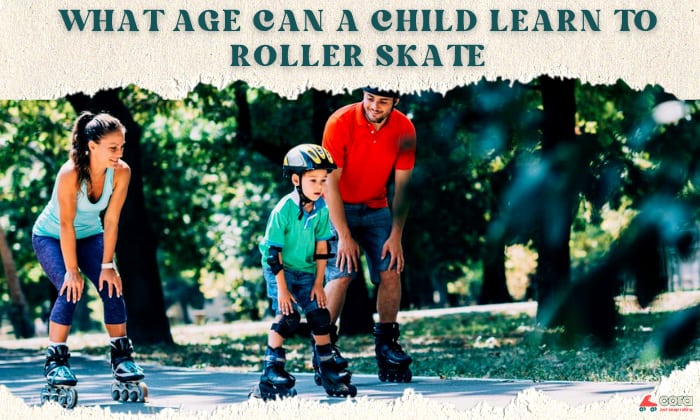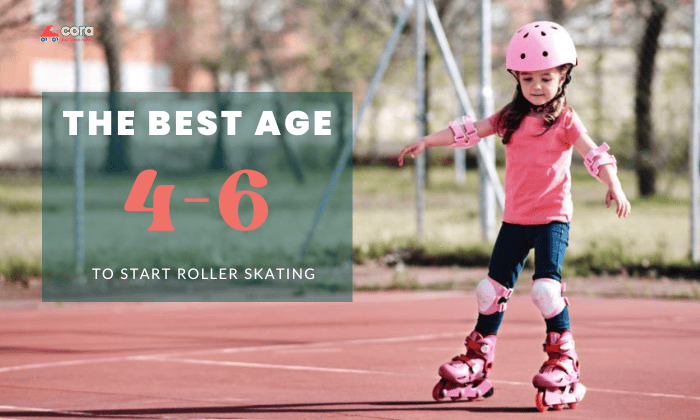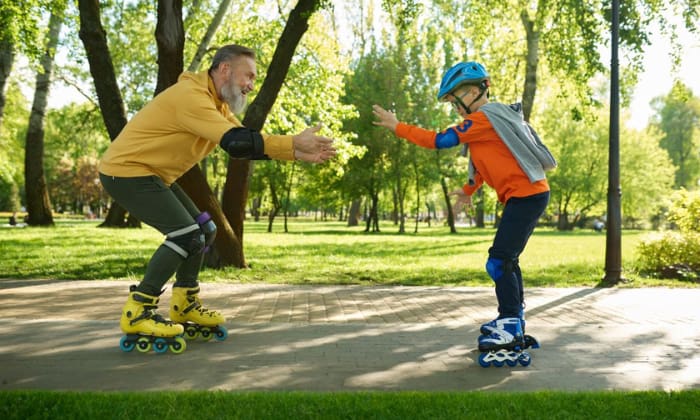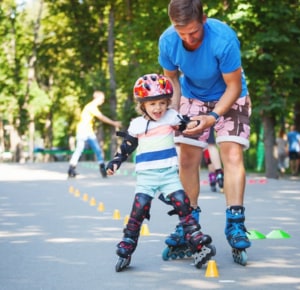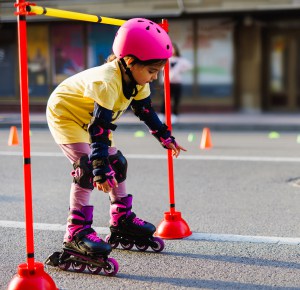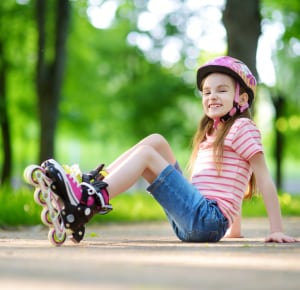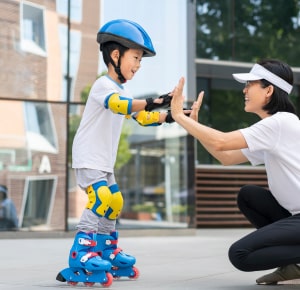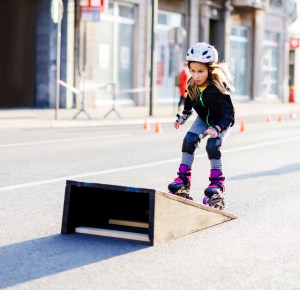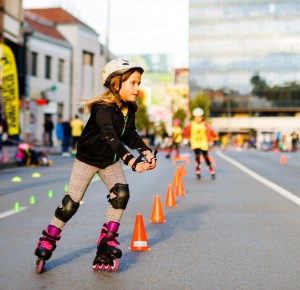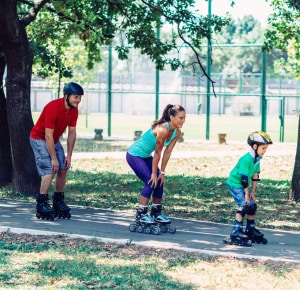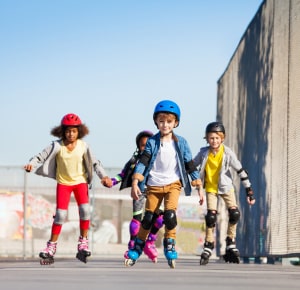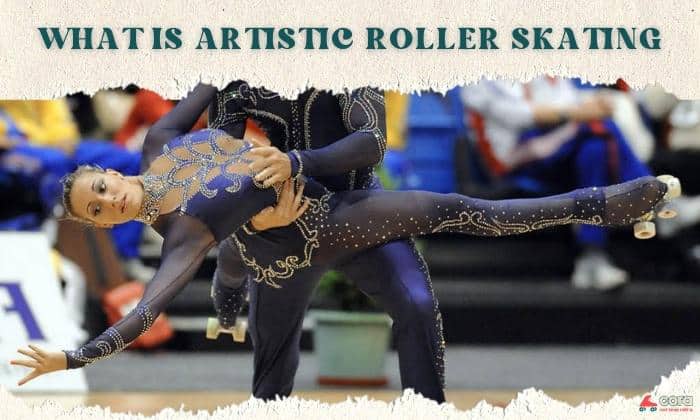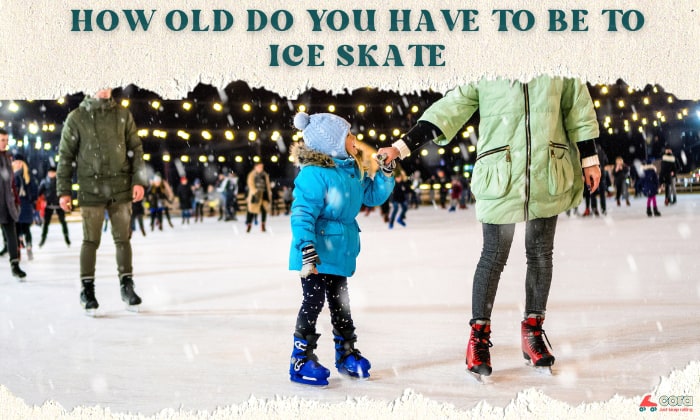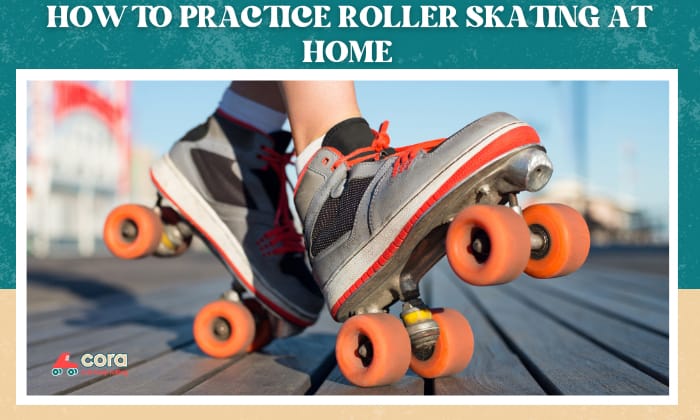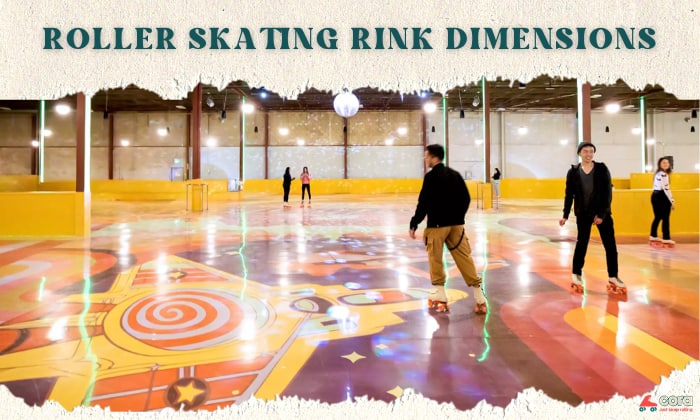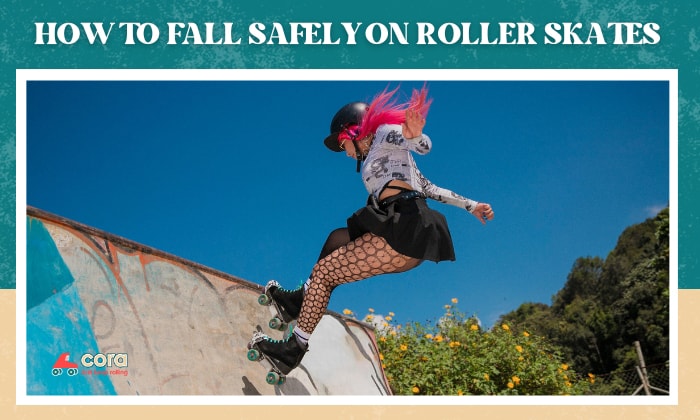Roller skating is a popular activity that can bring joy, excitement, and numerous benefits to children. Introducing children to roller skating at a young age can lay the foundation for developing physical skills, balance, coordination, and confidence.
So, what age can a child learn to roller skate? Generally, children as young as three can begin to learn how to roller skate. However, there are other factors that can affect the right age for the kids to pick up the sport. Keep reading to find out.
Page Contents
The Best Age To Start Roller Skating?
Children can start learning to roller skate as early as they can walk. But the ideal age to begin is typically between four and six. Unlike toddlers, children at this age have developed sufficient motor skills, balance, and coordination to learn and enjoy the activity.
Nonetheless, every child is unique, and some may be ready to start earlier or later than others. It is crucial to consider other factors when determining if a child is prepared to begin roller skating.
Tips to Teach Kids to Roller Skate
- Ensure children have appropriate safety gear, including helmets, knee pads, elbow pads, and wrist guards.
- Teach children how to stand in their skates with their feet shoulder-width apart. Encourage them to bend their knees slightly to maintain balance and stability—practice balancing on one foot at a time.
- Begin with small steps to help children get comfortable moving while wearing skates. Encourage them to push off with one foot and glide on the other, gradually increasing the distance as they gain confidence.
- Break down the skills into smaller steps and focus on one aspect at a time. Start with basic movements such as marching, swaying side to side, or marching in a circle.
- Show children the correct techniques by demonstrating the movements yourself. Encourage and praise their efforts, celebrating even small accomplishments.
- Keep the learning process enjoyable by incorporating games, challenges, or creative activities. Make it a fun experience by skating together as a family or inviting friends to join.
Read more: The easiest ways to teach a kid to roller skate.
Factors That Influence the Roller Skate Age Readiness
1. Physical development:
Children need to have developed certain physical abilities, such as good balance, coordination, and strength in their legs and core muscles, so they can maintain stability and control while skating. Plus, they should possess basic motor skills, including walking, running, and jumping.
2. Cognitive development:
Roller skating involves understanding and following instructions, as well as being aware of one’s surroundings. Children should have reached a cognitive level where they can comprehend safety rules and guidelines and respond to instructions given by an instructor or guardian.
3. Emotional readiness:
Roller skating can be challenging and may lead to falls or minor accidents. Children should be emotionally prepared to face such situations, handle setbacks, and persevere through initial difficulties.
4. Interest and motivation:
Children who show a keen interest and enthusiasm for roller skating are more likely to be motivated to learn and practice.
Benefits of Early Exposure to Roller Skates for Young Children
1. Physical fitness
Roller skating is an excellent exercise that promotes cardiovascular health, strengthens muscles, and improves flexibility and balance. It engages various muscle groups, particularly in the legs, core, and lower body, contributing to overall physical fitness.
2. Coordination & motor skills:
Roller skating requires coordinated movements of the legs, arms, and body. By practicing skating, children develop and refine their motor skills, including balance, agility, spatial awareness, and hand-eye coordination.
3. Confidence building:
As children progress in their roller skating abilities, they experience a sense of accomplishment and build self-confidence. Overcoming challenges, learning new skills, and seeing their progress can boost their self-esteem and belief in their capabilities.
4. Discipline & perseverance:
Roller skating requires practice and perseverance to improve skills. Children learn the value of discipline, patience, and dedication as they work towards mastering new techniques and overcoming obstacles.
5. Enjoyment & recreation:
Roller skating is a fun activity for children. It offers them an outlet for play, creativity, and self-expression. Skating can be a source of joy, laughter, and entertainment, promoting a positive attitude towards physical activity and a healthy lifestyle.
Conclusion
At what age can a child learn to roller skate? Generally, children can start at 3 years old; it is important to remember that many factors can affect a child’s readiness.
If your little one is ready to lace up, rest assured that with proper guidance, patience, and safety measures in place, you can help them embark on an exciting journey!

Born in 1990, Rice is a skating expert who fell in love with it as a sport and recreational activity at the age of 9. He does inline skating as well as roller skating. Throughout the years, Rice has built up an impressive collection of skating gear and honed the essential know-how. During the pandemic, when he was kept from hitting the skate park, Rice founded Cora with his roommate Gibson to share his skating knowledge and experience. The goal is to make skating more accessible to everyone, regardless of gender, age, and ethnicity.


